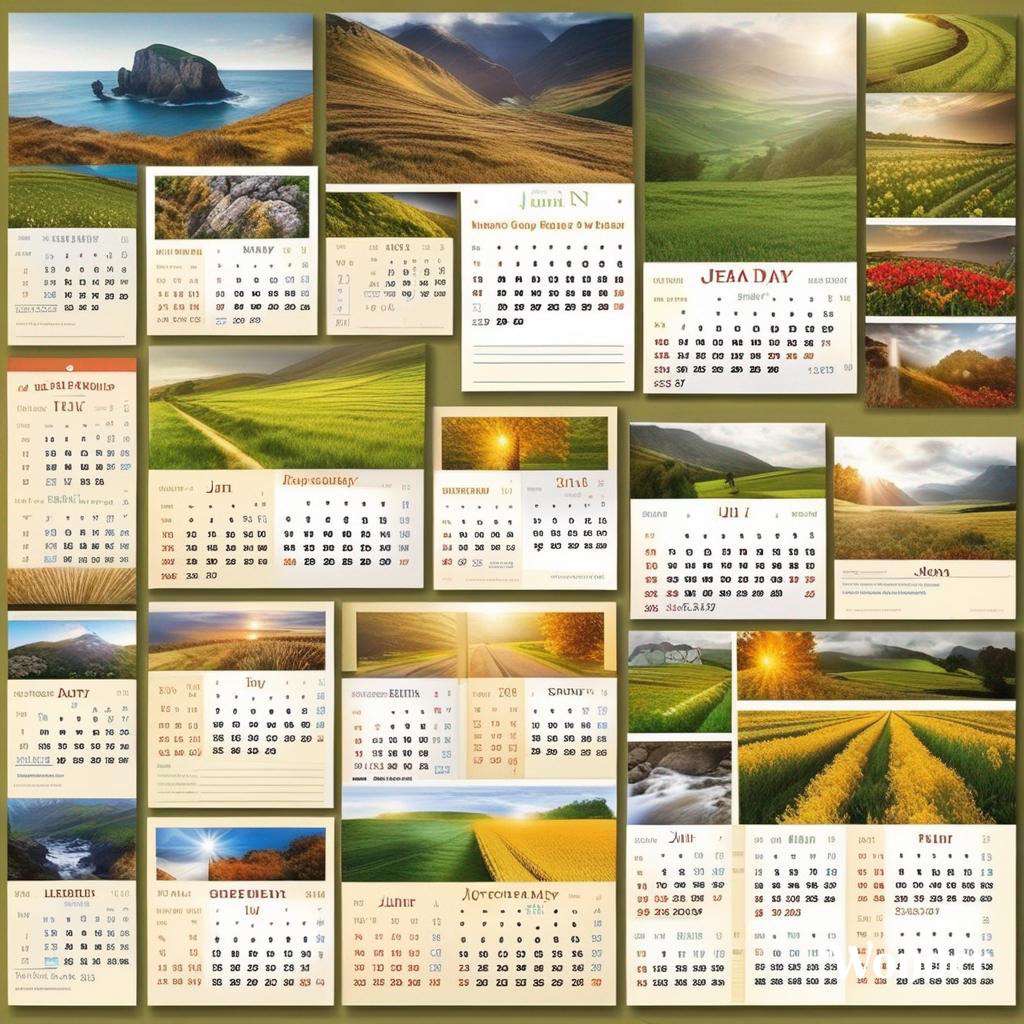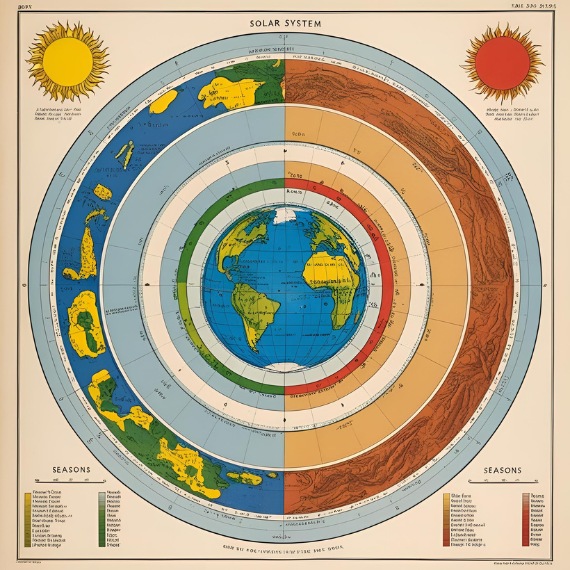Every four years we have a leap year. In a leap year, we have an extra day in February. The extra day was added to February because the Romans considered it to be an unlucky month. February also had fewer days than the rest so it was put in February. Leap years are every four years and they add an extra day to our yearly calendar. Have you ever wondered why?
The Earth takes 365. 242190 days to orbit around the sun. The extra .242910 is why we have leap years. “But it actually takes Earth 365.242190 days to orbit the sun, says Jackie Faherty, an astronomer at the American Museum of Natural History in New York.”And that .242190 days to go around the sun is the entire reason why we have a leap year,” she explained.” A long time ago, people tracked the sun’s positions so they would know the right times to harvest and plant. Soon they need a calendar that would help them.
The Julian Calendar was introduced in 45 BC by Julius Caesar. The Julian calendar included an extra day every year. This calendar was wrong though because Caesar overestimated the solar year, which led to an overcorrection by about eight days each millennium. Pope Gregory XIII made the Gregorian calendar in the 16th century to fix the problem with the Julian calendar. The Gregorian calendar adds leap days in years divisible by four; the only exception is if the year is also divisible by 100.
Many traditions are not talked about on leap year. One of those traditions is that women can propose instead of the man. This tradition was made in Fifth century Ireland. It was the one day that women could propose and it is called Bachelor’s Day. It became well-established in the 1800s and by the 20th century, it reached the United States. In Greece, there is also a tradition that deems leap year an unlucky year to get married because it is said to end in divorce. “Greek traditions and lore deem it unlucky to get married during a leap year — especially on leap day — because it is said to end in divorce.” There are many other traditions than these two that are just as interesting.
Although leap years seem like they wouldn’t have much of a history to them, they have a lot more than we’d think. There are many traditions that people all over the world celebrate on leap years and it’s interesting to learn about many of them.











